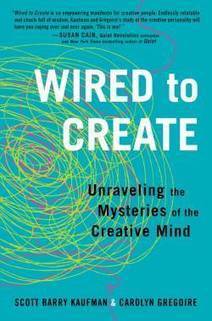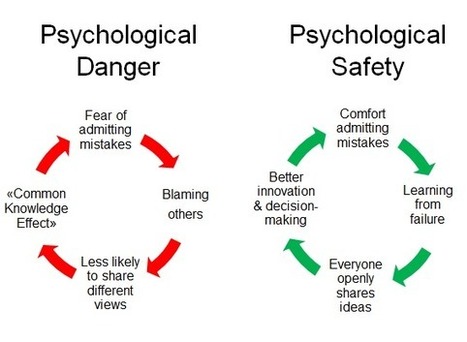When you experience rejection, it’s natural to take certain measures in order to preserve your self- esteem, like trying to fit in with a social group and gain their approval. However, research has shown that people who view themselves as independent may be somewhat immune to the negative effects of rejection, and may even use social rejection as creative fuel.
Sharon Kim and her colleagues, who conducted the study, hypothesized that these boosts in creativity were fueled by a differentiation mind- set, or as they put it, “salient feelings of being different from others.” Independent people not only may be resistant to the negative consequences of rejection but indeed may be strengthened by experiences that reaffirm their sense of independence. As Kim puts it, “Independent selves are motivated to remain distinctly separate from others.” This motivation may, in turn, trigger psychological processes that boost creative thinking. Rejection is not just a catalyst for creativity—it can also be a by-product of it. As the study’s authors write, “The very traits that distinguish highly creative people, such as unconventionality, make them easy targets for rejection.”
Learn more / En savoir plus / Mehr erfahren:
http://www.scoop.it/t/21st-century-learning-and-teaching/?tag=Creativity
https://gustmees.wordpress.com/?s=creativity
http://www.scoop.it/t/21st-century-learning-and-teaching/?tag=Sir+Ken+Robinson
Via Gust MEES, Mark E. Deschaine, PhD



 Your new post is loading...
Your new post is loading...











Sharon Kim and her colleagues, who conducted the study, hypothesized that these boosts in creativity were fueled by a differentiation mind- set, or as they put it, “salient feelings of being different from others.” Independent people not only may be resistant to the negative consequences of rejection but indeed may be strengthened by experiences that reaffirm their sense of independence. As Kim puts it, “Independent selves are motivated to remain distinctly separate from others.” This motivation may, in turn, trigger psychological processes that boost creative thinking. Rejection is not just a catalyst for creativity—it can also be a by-product of it. As the study’s authors write, “The very traits that distinguish highly creative people, such as unconventionality, make them easy targets for rejection.”
Learn more / En savoir plus / Mehr erfahren:
http://www.scoop.it/t/21st-century-learning-and-teaching/?tag=Creativity
https://gustmees.wordpress.com/?s=creativity
http://www.scoop.it/t/21st-century-learning-and-teaching/?tag=Sir+Ken+Robinson